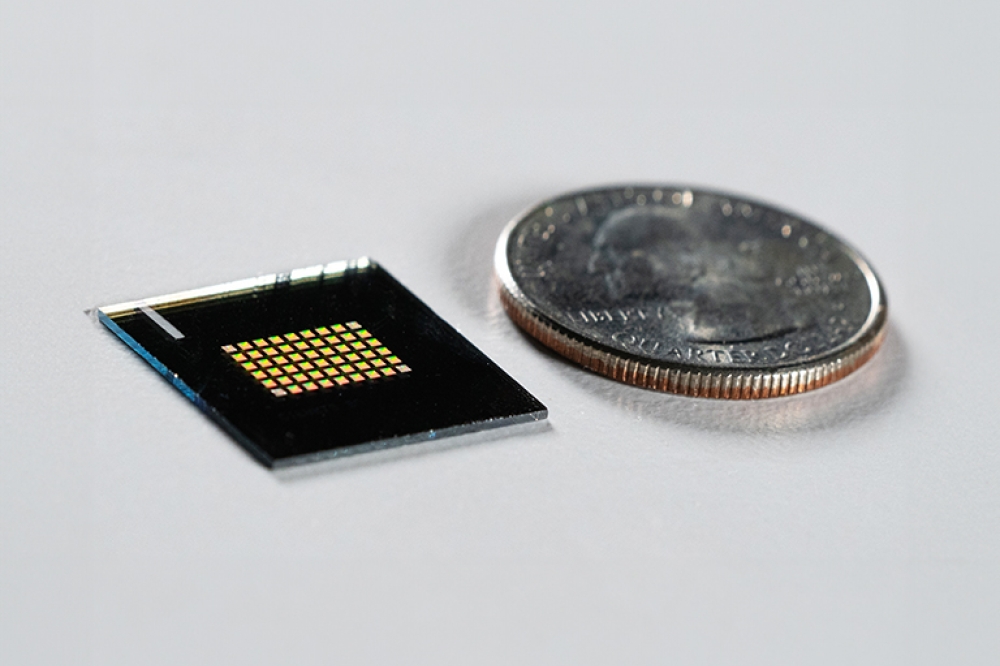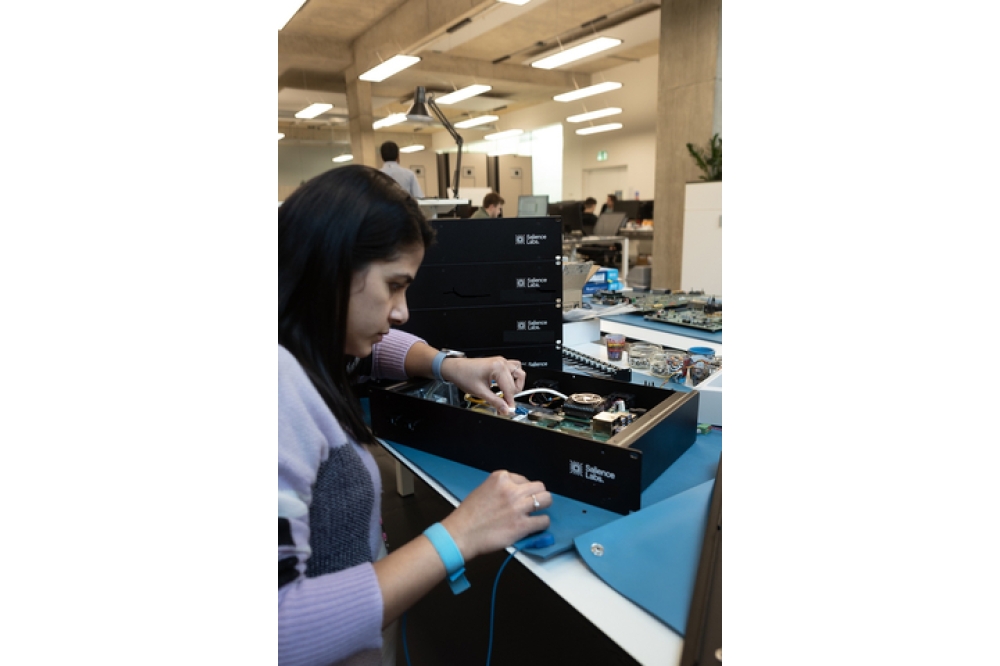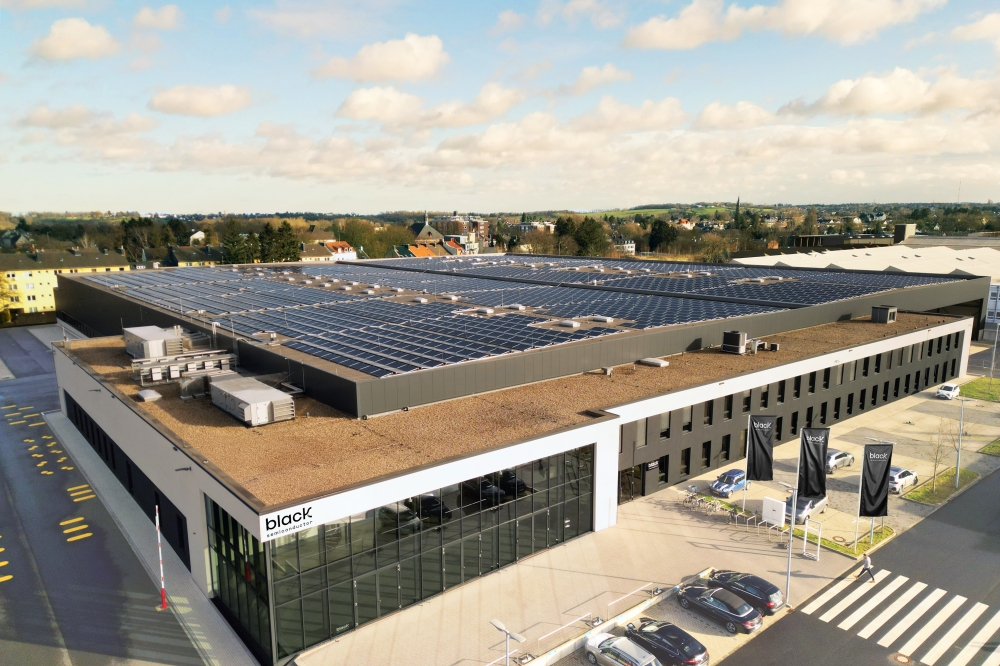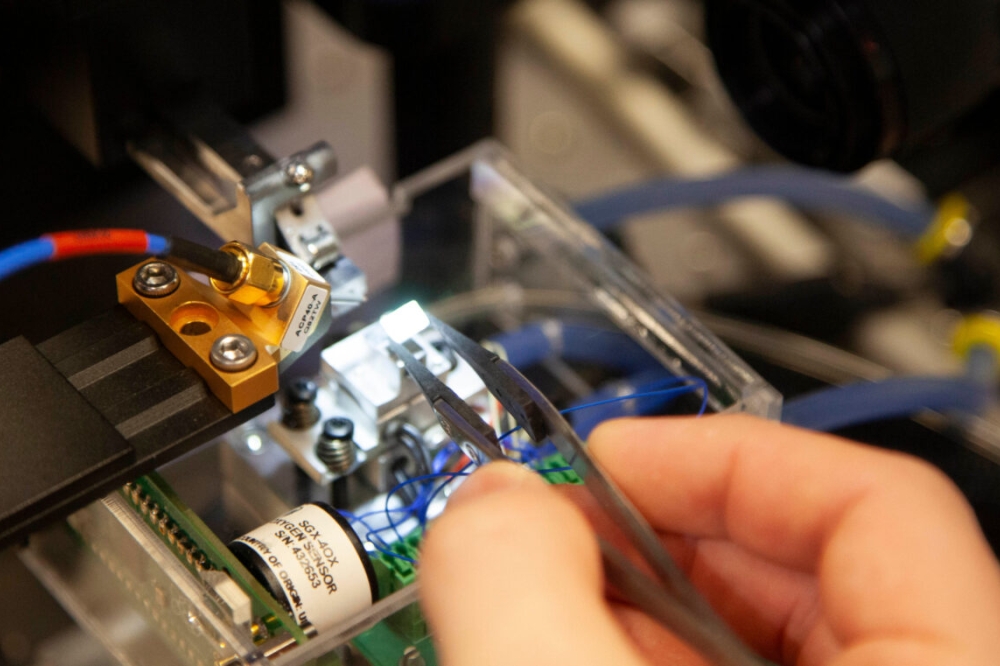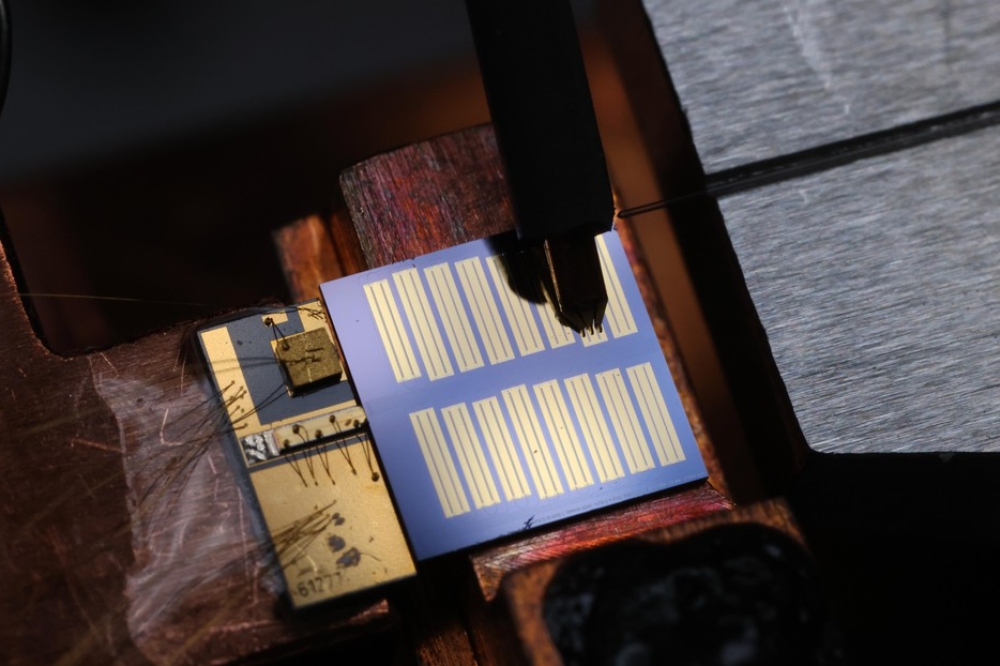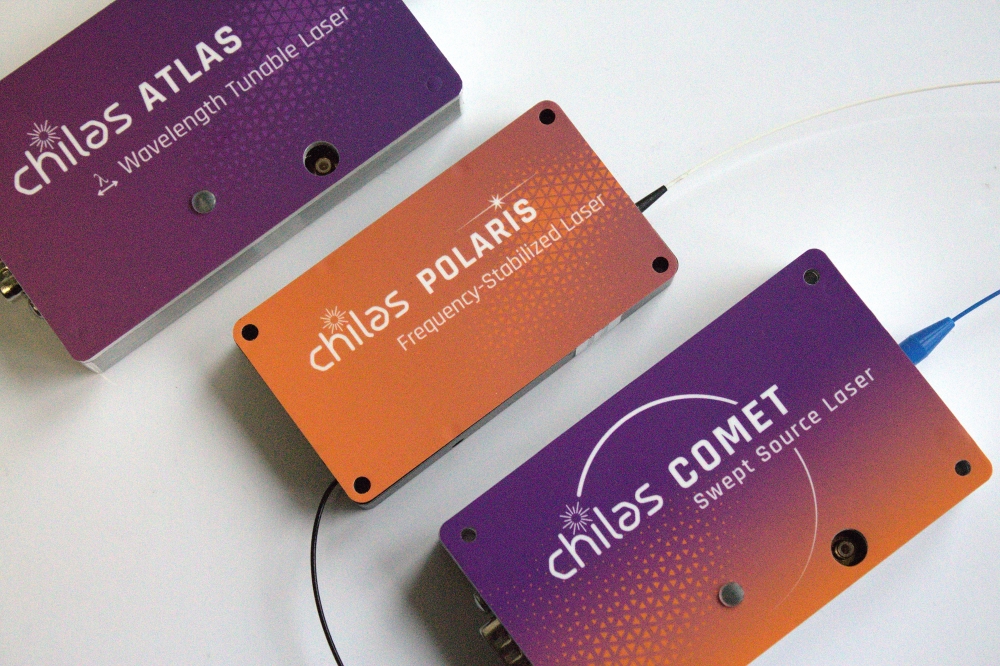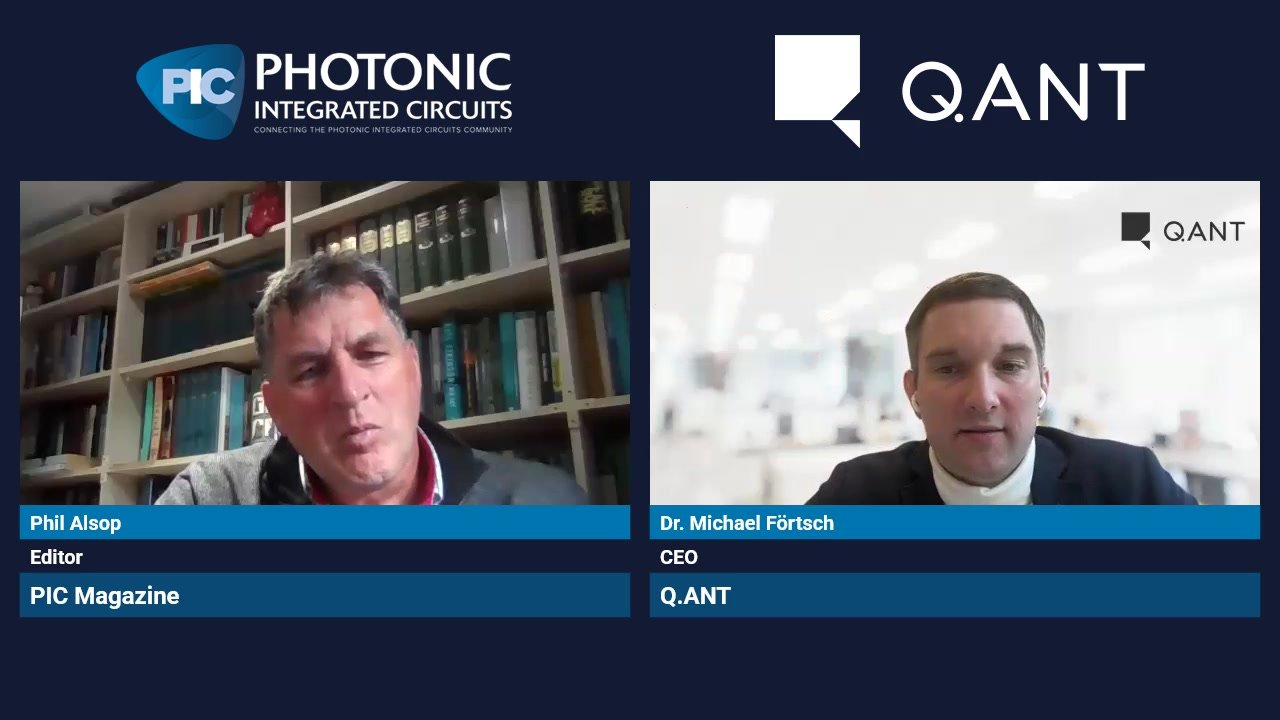CORNERSTONE Photonics Innovation Centre launches at House of Lords
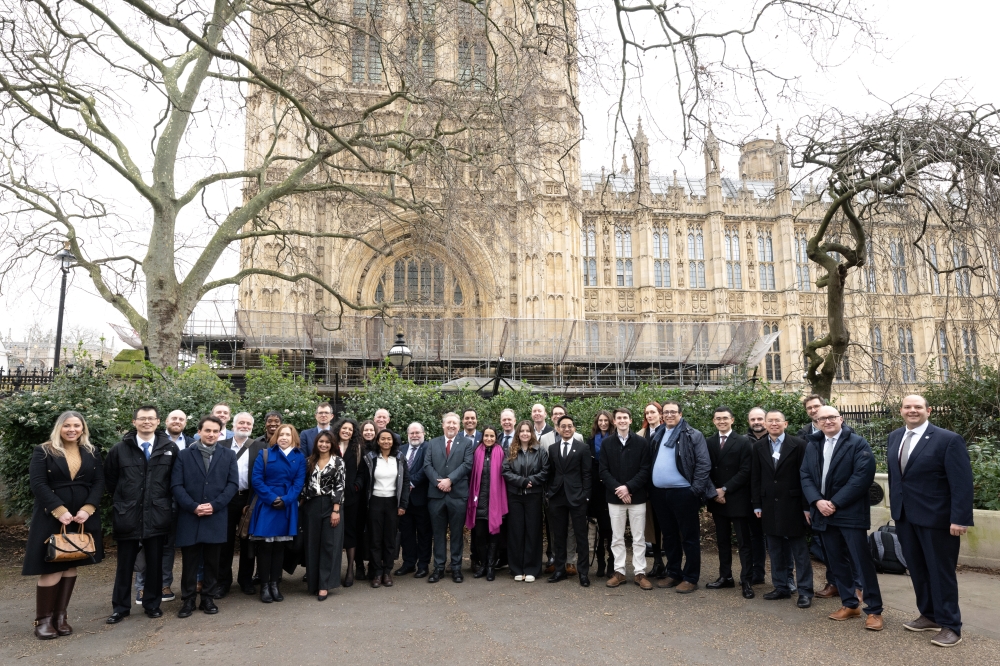
The C-PIC aims to accelerate the commercialisation of silicon photonics technologies through rapid prototyping services and an innovation network, and has opened its first call for industry-driven projects that solve real-world problems
On Wednesday 12 February, the UK photonics community gathered at the House of Lords in London to celebrate the official launch of the CORNERSTONE Photonics Innovation Centre (C-PIC). As the UK’s primary technology hub for silicon photonics, the C-PIC is designed to accelerate the commercialisation of innovations through state-of-the-art prototyping and an array of other services intended to foster a flourishing ecosystem.
CORNERSTONE was originally established in 2014 as a rapid prototyping foundry to support academic research in silicon photonics. Based in Southampton, it is affiliated with the University of Southampton and the University of Glasgow, as well as the UK government’s Science and Technology Facilities Council (STFC), and was launched with a grant from the Engineering and Physical Sciences Research Council (EPSRC).
In 2023 the number of CORNERSTONE’s industrial partners overtook the number of its academic partners for the first time, reflecting the growing number of start-ups translating silicon photonics innovations from the lab into products for the market. Last year, CORNERSTONE won £11 million in funding from the EPSRC and Innovate UK to build on its existing achievements and create the C-PIC, with the goal of catalysing the commercialisation of silicon photonics technologies.
Opening the launch event, Lord Sewell of Sanderstead spoke about the opportunities for the UK to take the lead in many emerging sectors within the rapidly growing photonics industry.
Graham Reed, a professor at the University of Southampton and principal investigator at the C-PIC, described CORNERSTONE’s journey so far, as well as highlighting the strength of the wider photonics industry across the UK. Pointing out that the sector contributed an output of £15.2 billion to the UK economy in 2023, he emphasised that it is on a steep upwards trajectory, with a projected compound annual growth rate of 20-25 percent.
Dave Smith, the UK National Technology Advisor, reiterated the economic importance of the photonics industry and described the diverse applications, from AI and autonomous vehicles to improved biomedical devices and quantum technologies.
In addition to offering flexible prototyping and creating an effective pipeline capable of driving the development and large-scale adoption of silicon photonics technologies, the C-PIC plans to nurture the growing community comprehensively by establishing a network for innovation, supporting cross-sector engagement, and promoting the integration of research and business interests.
“The launch of the CORNERSTONE Photonics Innovation Centre marks a significant milestone in furthering the UK’s position as a global leader in silicon photonics innovation,” said Graham Reed. “By fostering a collaborative environment between academia and industry, we will accelerate the translation of cutting-edge research into transformative commercial technologies. This initiative will not only enhance our high-tech economy but also pave the way for advancements in critical sectors such as telecommunications, healthcare, and environmental monitoring.”
CORNERSTONE currently has 70 UK-based partners and more than 100 in total. Last year, it was also announced that the C-PIC will be one of two UK institutes to participate in the PIXEurope consortium, a collaboration of organisations across Europe that has been selected by the European Commission and the Chips Joint Undertaking to develop a pilot line for photonic chips, to support the goal of European technological sovereignty.
The C-PIC has already opened its first call for industry-driven, academic-led photonics projects focused on solving real-world problems. Out of a £2 million innovation funding launch, the centre has up to £500 000 available to support the first round of selected projects. The deadline for submissions is 9 April 2025.




